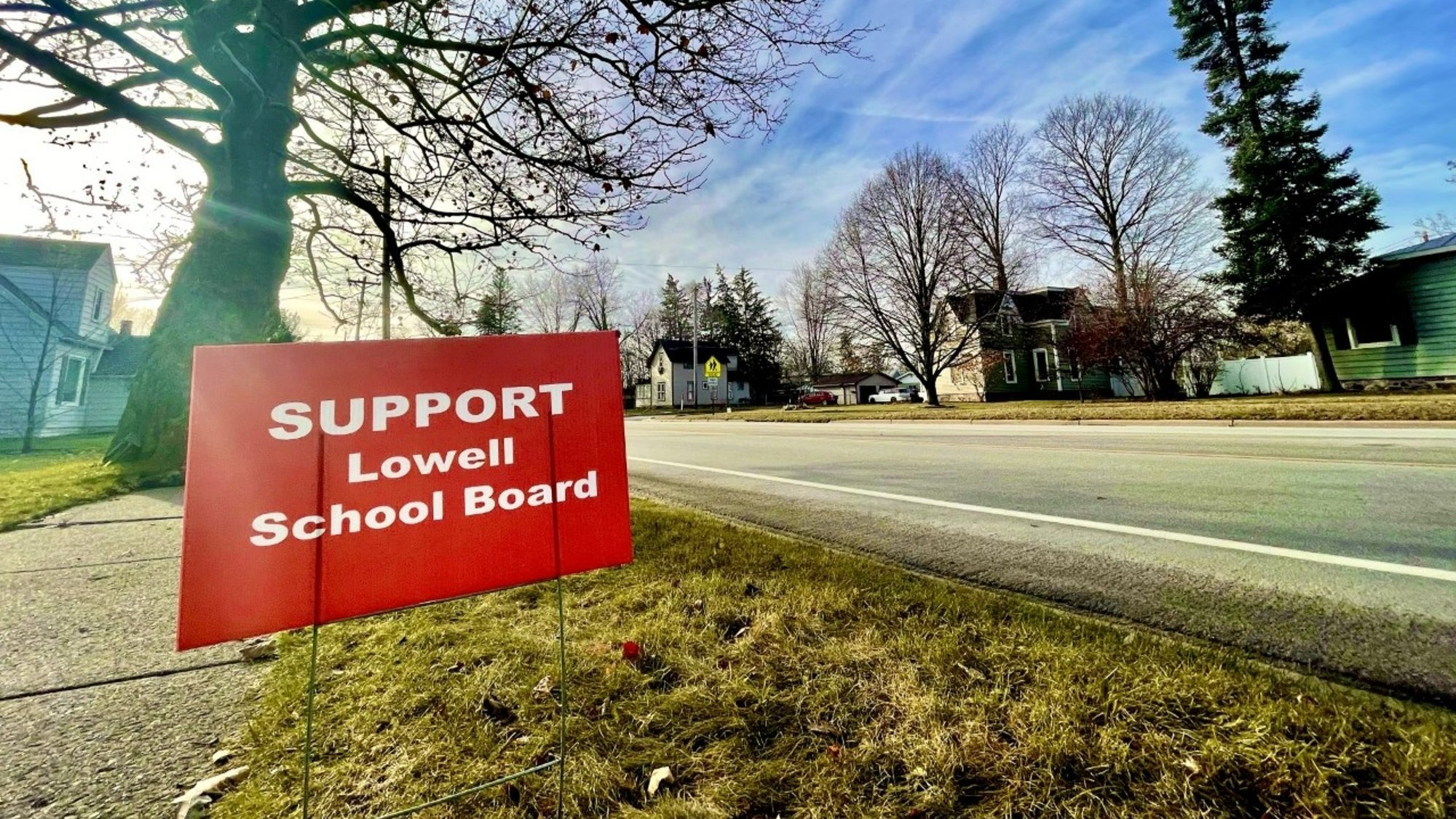We are a group of non-partisan community members who are committed to protecting the integrity of our public school district so all our children can continue to experience a valuable, inclusive education.
We support our schools by:
Focusing on what actually happens inside our school district, not manufactured local or national “controversies.”
Highlighting and celebrating the contributions and accomplishments made possible through the many members of the LAS community.
Maintaining our support for district administrators, teachers and staff while encouraging their growth so that it benefits students.
Responding to hostilities, intimidation, and bullying with maturity, reason, respect and facts in our social media posts and all communications.
Refusing to tolerate disinformation and attacks.
Supporting an enriched and safe teaching & learning environment for all staff and students.

We believe in:
• Supporting and inspiring teachers, and those who aspire to teach
• Protecting programs that contribute to the “whole child”
• Advocating for the rights of all students, including LGBTQ+ students and diverse students
• Practicing the definition of inclusion versus belief-based exclusion
• Accepting the outcome of Board of Education elections and respecting the public vote, which also means reserving recalls for instances of gross misconduct or malfeasance.
